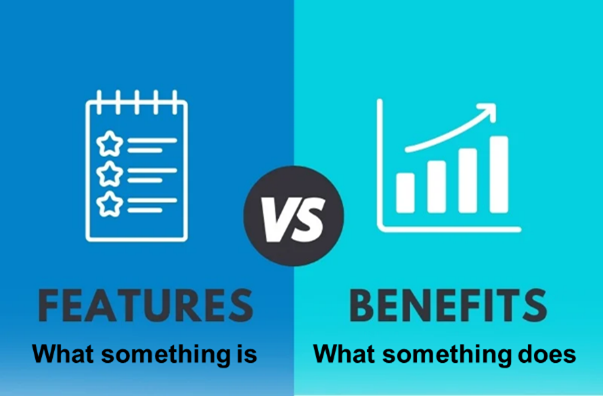The root word in community is “common.” Being in community provides a sense of belonging based on something in common. This sense of belonging and associated commitment is what underpins top-performing teams at work and in sports. It is the connection that binds families beyond ancestry and friends beyond acquaintance.
Leadership
You don’t need to be a psychologist, but success in the free world requires that you know how to read, treat, and work with people. You will be most successful by making people feel valued and respected. When you show that you care about people, they become better versions of themselves, give more effort, and achieve more. They will also pay it forward if not directly return the favor to you.





